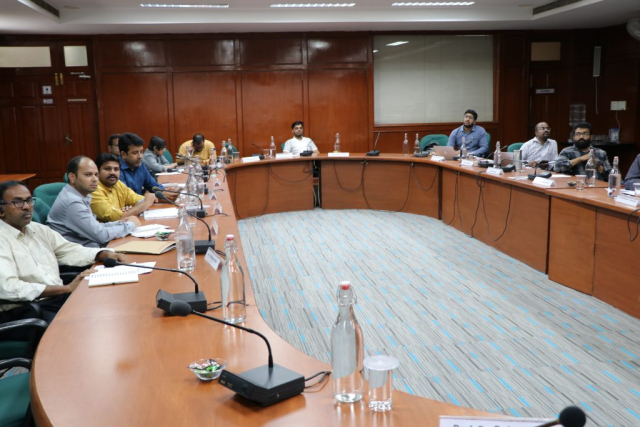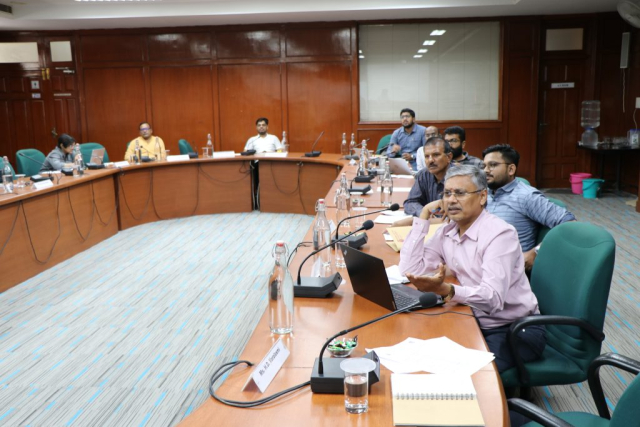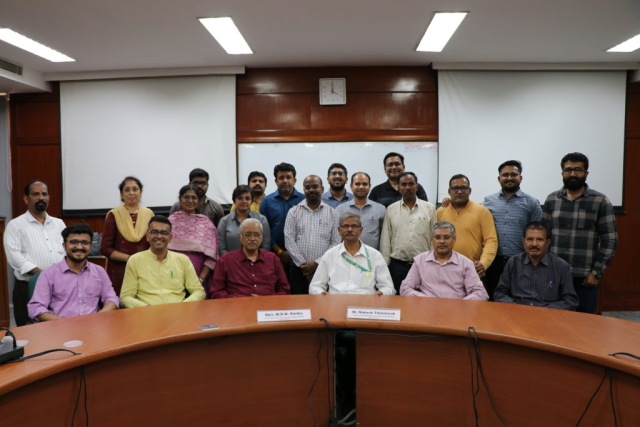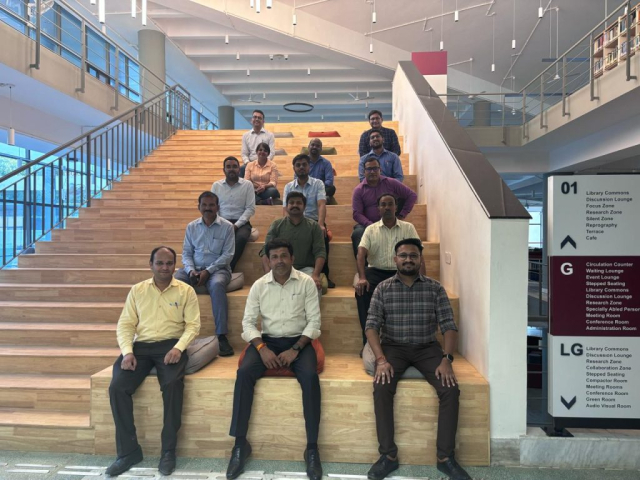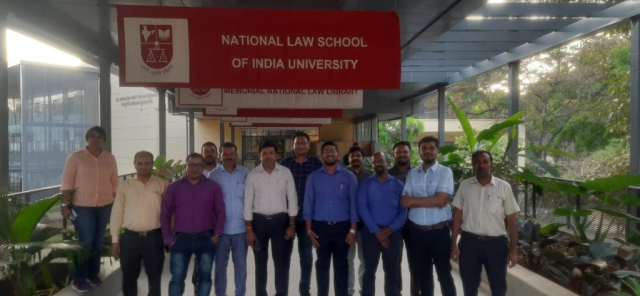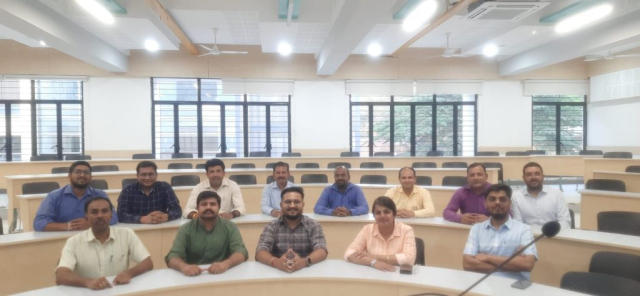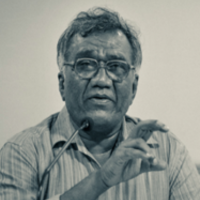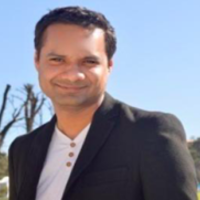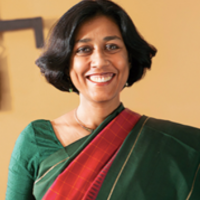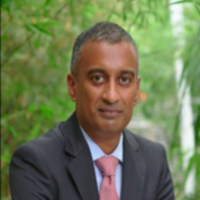A three-day training programme on ‘Environmental Laws, Compliance, Enforcement, and Regulation’ was organized by the Centre for Environmental Law, Education, Research and Advocacy in collaboration with the Department of Professional and Continuing Education (PACE) at NLSIU between February 26-28, 2024. Around 15 participants representing the Central Pollution Control Board, State Pollution Control Boards and the industry participated in this event.
The programme traversed the wide domain of environmental laws ranging from the domestic regime on waste management to the procedural mechanisms concerning pollution control. It comprised sessions that shed light on the framework of environmental remedies, its interplay with criminal law and applicable evidentiary standards.
Besides being familiarized with the powers and functions of the National Green Tribunal, the participants were also introduced to regulatory dimensions of emerging green technologies and norms underlying environmental decision-making including economic considerations. The training programme concluded with an enriching panel discussion on the operational hurdles faced by Pollution Control Boards and how their institutional capacities can be augmented for public good.

